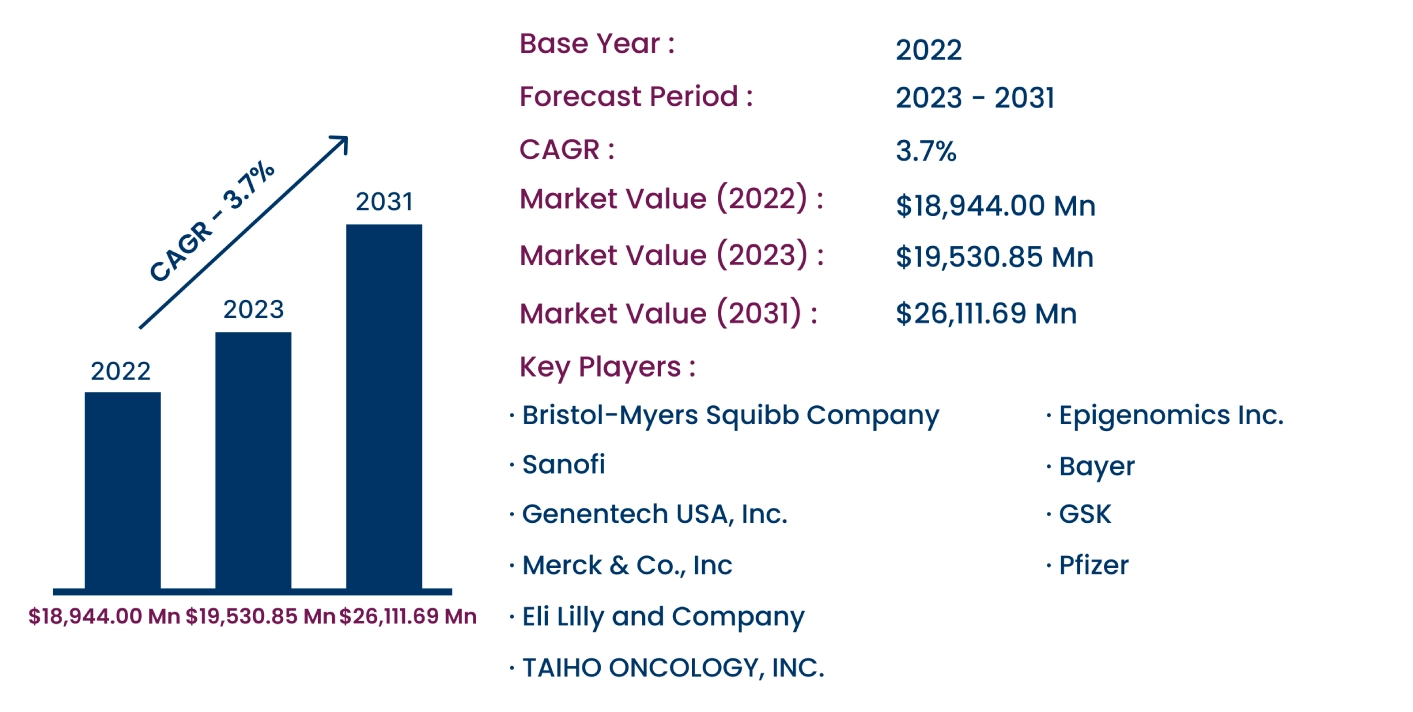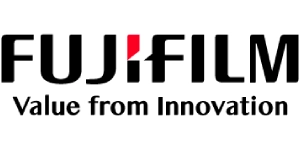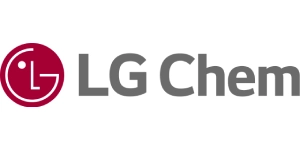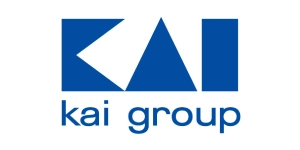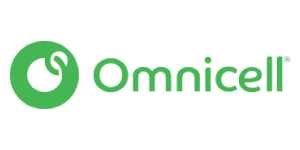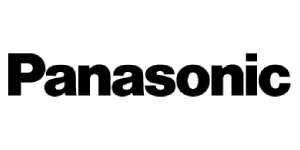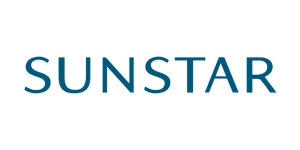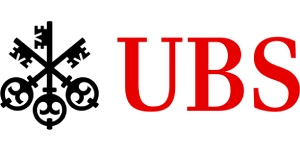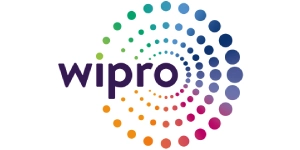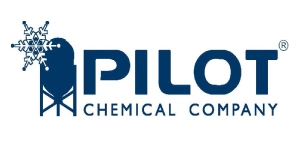Global Colorectal Cancer Market growing at a CAGR of 3.7% from 2023 to 2031
Category : Healthcare | Published Date : Oct 2024 | Type : Press Release
Colorectal Cancer Market Scope & Overview:
As per the Consegic Business Intelligence newly published report, the Colorectal Cancer Market size was valued at USD 19.53 Billion in 2023 and is projected to reach USD 26.11 Billion by 2031, growing at a CAGR of 3.7% from 2024 to 2031. Colorectal cancer, a malignancy that begins in the colon or rectum, often originates from abnormal growths called polyps. These growths can become cancerous over time, necessitating early detection and treatment to improve outcomes. Common symptoms include changes in bowel habits, rectal bleeding, and severe abdominal pain, which vary based on the cancer's progression.
The report comprises the Colorectal Cancer Market Share, Size & Industry Analysis, By Type (Adenocarcinoma, Carcinoid Tumors, Squamous Cell Carcinoma, Gastrointestinal Stromal Tumors (GISTs), Others), Diagnosis Type (Stool Examination, Imaging Test, Tumor Markers, Biopsy, Others), Treatment (Chemotherapy, Targeted Therapy, Radiation Therapy, Surgery, Immunotherapy, Embolization, Others), End User (Hospitals, Specialty Clinics, Cancer Research Centers, Ambulatory Surgical Centers, Others), and By Region (North America, Europe, Asia-Pacific, Latin America, Middle East & Africa), and Forecast, 2024-2031.
The report contains detailed information on Colorectal Cancer Market Trends, Opportunities, Value, Growth Rate, Segmentation, Geographical Coverage, Company Profile, In-depth Expert Analysis, Revenue Forecast, Competitive Landscape, Growth Factors, Restraints or Challenges, Environment & Regulatory Landscape, PESTLE Analysis, PORTER Analysis, Key Technology Landscape, Value Chain Analysis, and Cost Analysis.
The increasing prevalence of colorectal cancer and advances in chemotherapy drugs are primary market drivers, while development in new treatment options provides potential growth opportunities.
Segmental Analysis :
Based on type, the market is segmented into adenocarcinoma, carcinoid tumors, squamous cell carcinoma, gastrointestinal stromal tumors (GISTs), and others.
- Adenocarcinoma held the largest share in 2023, attributed to its high prevalence among colorectal cancer types. Smoking and dietary habits contribute significantly to its incidence.
- Carcinoid tumors are anticipated to grow at the fastest rate, driven by increasing cases of gastrointestinal tract syndromes and a rising number of patients with thyroid conditions.
Based on diagnosis type, the market is segmented into stool examination, imaging test, tumor markers, biopsy, and others.
- Biopsy accounted for the largest market share in 2023 due to its high accuracy and ability to determine cancer progression, making it a preferred diagnostic technique.
- Tumor markers are expected to grow the fastest, supported by technological advancements that offer non-invasive, effective methods for early detection.
Based on treatment, the market is segmented into chemotherapy, targeted therapy, radiation therapy, surgery, immunotherapy, embolization, and others.
- Chemotherapy held the largest share in 2023 as a primary treatment for colorectal cancer, particularly in advanced stages.
- Immunotherapy is expected to grow rapidly due to its ability to enhance the body's immune response to cancer cells, leading to fewer side effects compared to traditional chemotherapy.
Based on end-user, the market is segmented into hospitals, specialty clinics, cancer research centers, ambulatory surgical centers, and others.
- Hospitals held the largest share in 2023 due to advanced infrastructure and a network of medical professionals necessary for extensive cancer care.
- Cancer research centers are anticipated to grow rapidly, driven by ongoing R&D activities for innovative therapies and drug developments.
Based on regions, the global market is segmented into North America, Europe, Asia Pacific, Middle East & Africa, and Latin America.
- North America led the market in 2023, driven by high awareness, research funding, and advanced healthcare systems.
- Asia Pacific is projected to experience the fastest growth, attributed to increasing colorectal cancer cases and advancements in healthcare infrastructure in countries like China and India.
| Report Attributes | Report Details |
| Study Timeline | 2018-2030 |
| Market Size in 2031 | USD 26.11 Billion |
| CAGR (2024-2031) | 3.7% |
| By Type | Adenocarcinoma, Carcinoid Tumors, Squamous Cell Carcinoma, GISTs, Others |
| By Diagnosis Type | Stool Examination, Imaging Test, Tumor Markers, Biopsy, Others |
| By Treatment | Chemotherapy, Targeted Therapy, Radiation Therapy, Surgery, Immunotherapy, Embolization, Others |
| By End-User | Hospitals, Specialty Clinics, Cancer Research Centers, Ambulatory Surgical Centers, Others |
| By Region | North America(U.S., Canada, Mexico) Europe(U.K., Germany, France, Spain, Italy, Russia, Benelux, Rest of Europe) APAC(China, South Korea, Japan, India, Australia, ASEAN, Rest of Asia-Pacific) Middle East & Africa(GCC, Turkey, South Africa, Rest of MEA) LATAM(Brazil, Argentina, Chile, Rest of LATAM) |
Top Key Players & Competitive Landscape :
The competitive landscape encompasses major innovators, aftermarket service providers, industry giants, and niche players, all of which are thoroughly examined by Consegic Business Intelligence in terms of their strengths, weaknesses, and value-addition potential. This report includes detailed profiles of key players, market share analysis, mergers and acquisitions, resulting market fragmentation, and emerging partnership trends and dynamics.
List of prominent players in the Colorectal Cancer Industry:
- Pfizer
- Sanofi
- Genentech USA, Inc.
- Merck & Co., Inc
- Eli Lilly and Company
- TAIHO ONCOLOGY, INC.
- Epigenomics Inc.
- Bayer
- Bristol-Myers Squibb Company
- GSK
Recent Industry Developments :
- In April 2023, Pfizer Inc. received FDA approval for BRAFTOVI in combination with cetuximab for metastatic colorectal cancer treatment.
- In August 2023, Taiho Oncology, Inc. received FDA approval for LONSURF, expanding treatment options for metastatic colorectal cancer.
